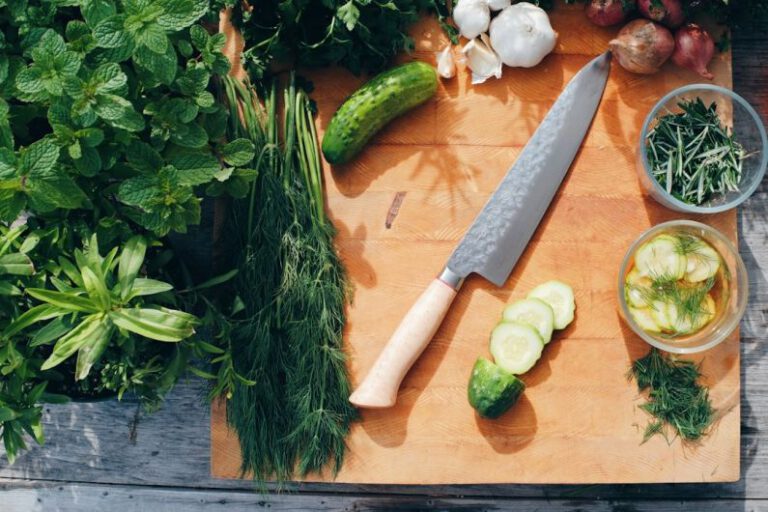Seasonal Food Storage Tips
As the seasons change, so does the availability of fresh produce. To make the most out of the bountiful harvest during each season, it is important to learn how to properly store and preserve the food. By following these seasonal food storage tips, you can extend the shelf life of your fruits and vegetables, save money, and reduce food waste.
Storing Summer Fruits and Vegetables
Summer brings an abundance of delicious fruits and vegetables, such as berries, tomatoes, and zucchini. To keep these summer delights fresh for longer, it is essential to store them properly.
1. Store berries in a single layer: Berries are delicate and prone to spoilage. To prevent them from getting mushy or moldy, store them in a single layer in a shallow container lined with paper towels. This will absorb any excess moisture and keep the berries fresh.
2. Keep tomatoes at room temperature: Tomatoes should be stored at room temperature, away from direct sunlight. Storing them in the refrigerator can cause them to lose their flavor and become mealy. If you have an excess of ripe tomatoes, consider making homemade tomato sauce or salsa and freezing it for later use.
3. Freeze zucchini for later use: If you find yourself with an abundance of zucchini, don’t let them go to waste. Slice or grate the zucchini and freeze it in airtight containers or freezer bags. This way, you can enjoy zucchini bread or add it to soups and stews during the colder months.
Preserving Autumn Harvest
Autumn brings a variety of hearty vegetables like pumpkins, squash, and root vegetables. To make the most of this season’s harvest, here are some preservation tips:
1. Store pumpkins and winter squash in a cool, dry place: Pumpkins and winter squash can last for several months if stored in a cool, dry place. Avoid stacking them on top of each other to prevent bruising. Check them regularly for any signs of decay and use them before they spoil.
2. Preserve root vegetables in a cellar or a refrigerator: Root vegetables like carrots, potatoes, and beets can be stored in a root cellar or a refrigerator. Make sure to remove any excess dirt before storing them, as it can cause rotting. Keep them in perforated bags or containers to allow for proper ventilation.
3. Make applesauce or apple butter: If you have an abundance of apples, consider making applesauce or apple butter. Both can be canned or frozen for long-term storage. Applesauce can be used as a healthy snack or as a substitute for oil in baking recipes, while apple butter is a delicious spread for toast or pancakes.
Winter Storage Tips
During the winter, it can be challenging to find fresh, locally grown produce. However, with proper storage techniques, you can enjoy the taste of summer even in the colder months.
1. Freeze excess herbs: If you have herbs such as basil, parsley, or cilantro that are about to wilt, chop them up and freeze them in ice cube trays with a little water. These herb cubes can be added to soups, stews, or sauces for a burst of flavor.
2. Store potatoes and onions separately: Potatoes and onions should be stored separately as they release gases that can cause each other to spoil faster. Keep potatoes in a cool, dark place with good ventilation, and onions in a cool, dry place.
3. Make use of canned or frozen fruits and vegetables: When fresh produce is scarce, turn to canned or frozen fruits and vegetables. These are often picked at the peak of ripeness and can be just as nutritious as fresh produce. Look for varieties without added sugars or salt.
Conclusion
By following these seasonal food storage tips, you can prolong the life of your fresh produce, reduce food waste, and enjoy the flavors of each season all year round. Take advantage of the bountiful harvest during each season and make the most out of your fruits and vegetables. With a little planning and proper storage techniques, you can savor the taste of summer even in the depths of winter. Happy storing!






